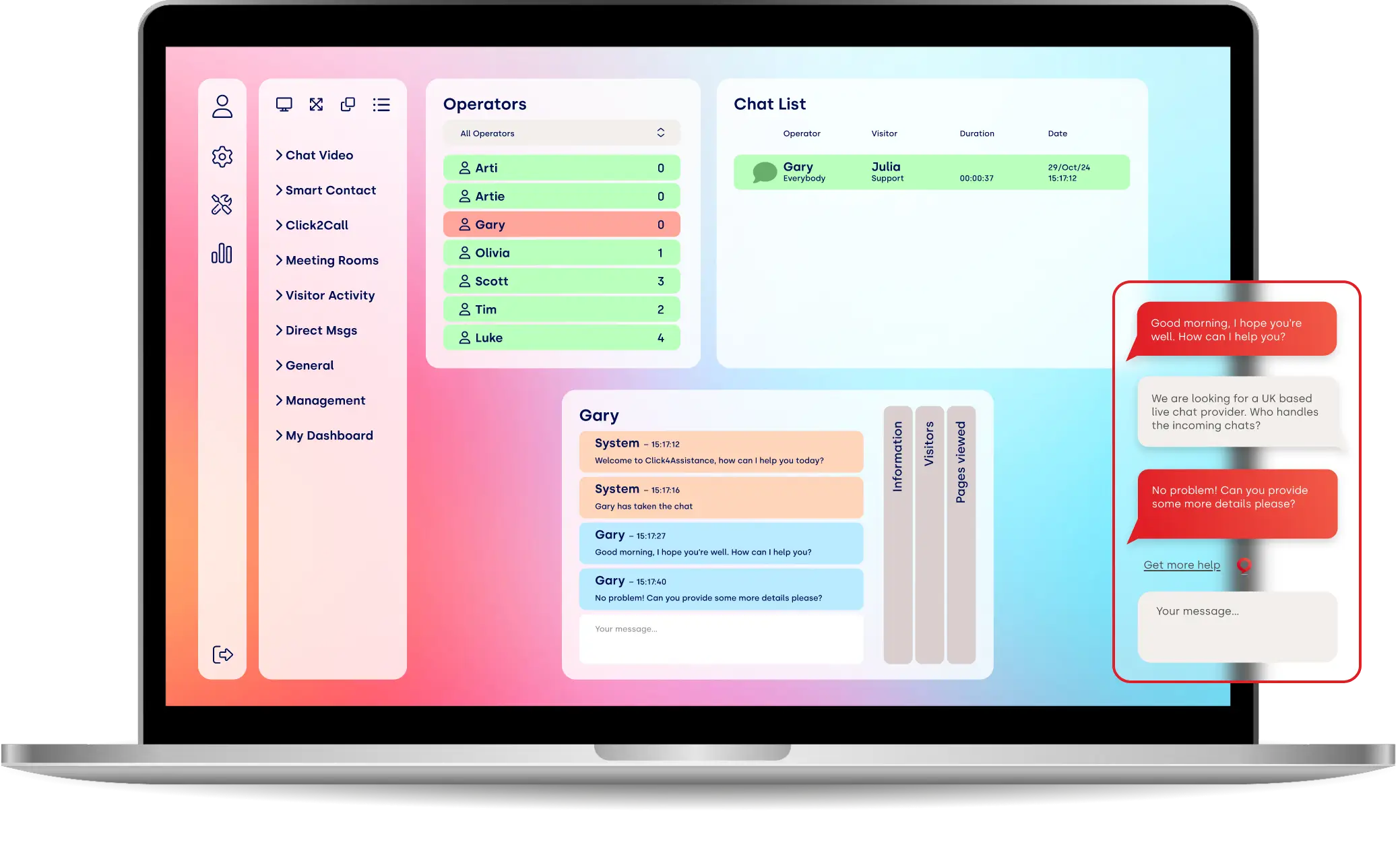Unsung Heroes of the Academic Calendar: June, 2014

Demand for UK university courses remains high in 2014, with more people applying than there are places. This might be bad news for students but it can be even worse for the admissions staff that have to adopt a cut-throat attitude towards selection, handle enquiries and still complete their everyday duties. The finance department doesn’t have it easy either, having to deal with panicked students who missed the 30th May deadline to apply for a loan from the Student Loans Company. It’s not part of their job description, but most university finance departments will provide the applicant with advice on what to do next. Let’s spare a moment for these unsung heroes of higher education.
Student applications continue to trickle in right up to the end of June but UG Officers are still expected to process and evaluate hundreds of application forms by 17th July – the final UCAS cut-off for presenting students with offers. There is a lot of pressure during this period to review every single student before UCAS defaults applications that haven’t been reviewed to an unsuccessful status on the 18th July.
At some institutions there are several groups of people that need to discuss and debate every single applicant before a final decision is made.
Annual predictions of admissions chaos by the media can make things worse by causing a lot of fear, uncertainty and doubt among applicants so that a lot of time needs to be spent on phones answering repetitive and time-consuming questions about the status of applications, or the number of UCAS points required for a specific degree. Choosing who gets a place at the university only represents a fraction of the admission team’s workload.
From initial logging through to the decision stage, Admissions Officers have to provide continuous support to applicants and lead correspondence to convert applicants into acceptances and acceptances into registrations. Many of these prospects are overseas and therefore offer a unique challenge. Discussing the intricacies of the admissions process is challenging enough without a language barrier!
More senior professionals, like the Head of Admissions, need to get involved at a strategic level to enforce fair admissions policies and actively initiate process improvements based on feedback and anticipated changes in the market. They need to strike a balance between affordability and productivity. This is most challenging during busier when department resources are stretched thin.
Considering applications for entry to the second year, communication with UCAS and the parents/guardians of applicants, internal reviews and other, less anticipated, interruptions can push admissions departments to their limit. The breakdown of the UCAS system on A-level results day in 2012 is an example of a worst case scenario a university admissions team could face. On results day, the systems used by university staff to process student applications went down for three hours in the afternoon, leaving many students unable to progress beyond a verbal offer, get a clearing number or register for adjustment.
The confusion that ensued reflected (perhaps unfairly) badly on several universities
The £9K fees and increasingly competitive academic market meant that applicants expected more from their application experience. Admissions departments UK-wide were inundated with calls from concerned students and it took all hands on deck to ameliorate the situation before UCAS confirmed the problem was on their end.
If you or someone you know is looking to go to university, remember to spare a thought for the admissions team and the challenges they face. From processing applications on time to answering student queries and performing damage-control when things go wrong – June is one of the busiest months on the academic calendar.
Join us next month when we investigate the role of the Housing Manager/Officer and find out the challenges faced by university accommodation teams.
Click4Assistance works closely with UK universities to better understand the daily challenges of providing an effective admissions service. Contact us on 0845 123 587 to find out how we can help or arrange an online demonstration.



















.jpg)



